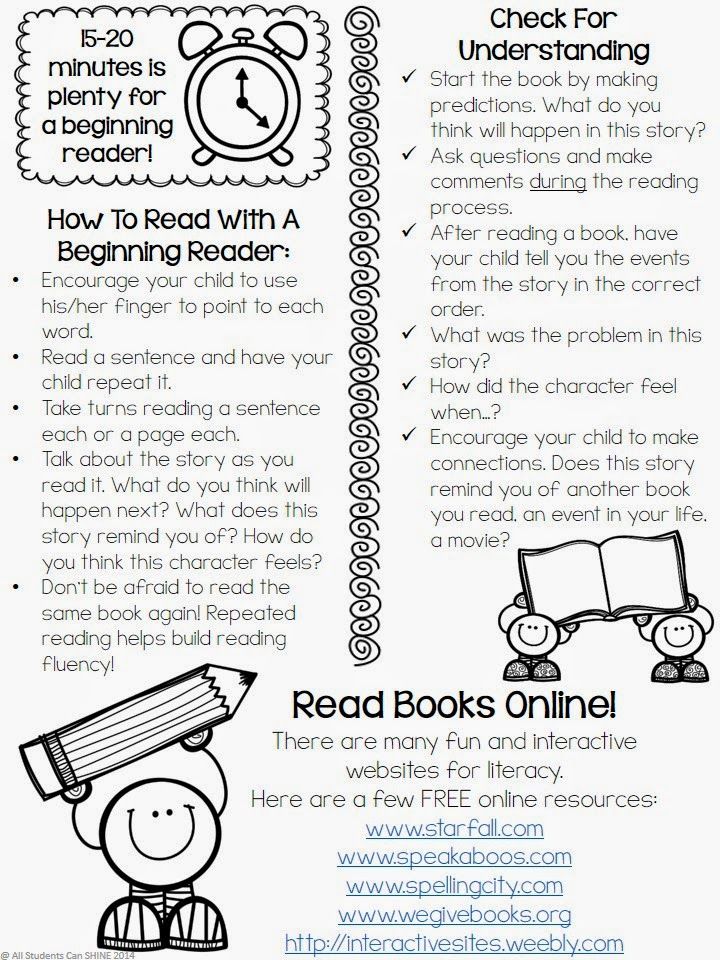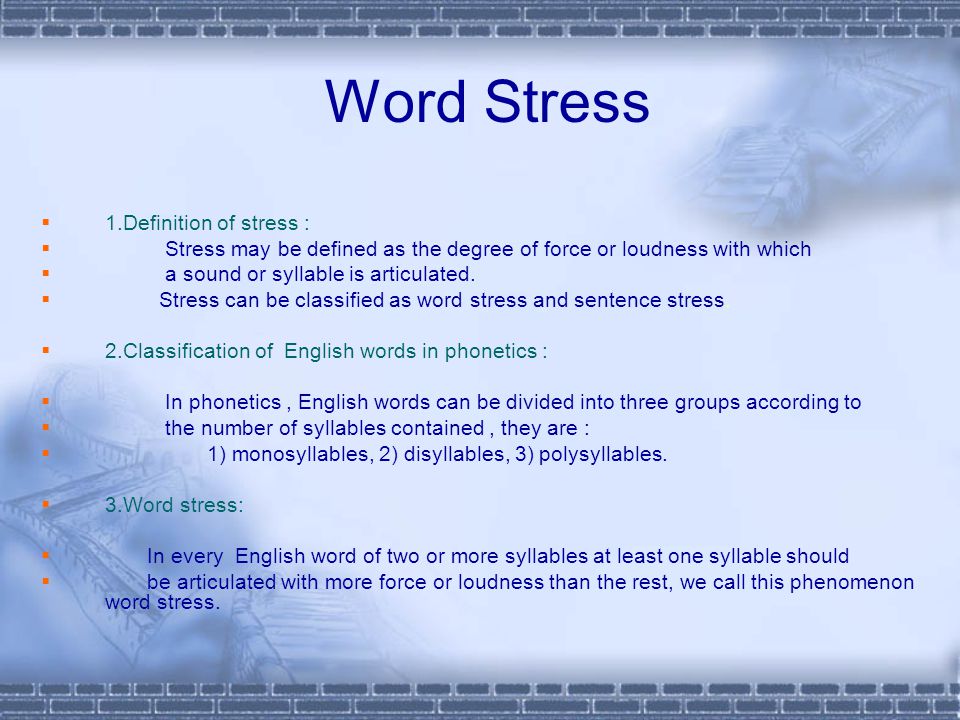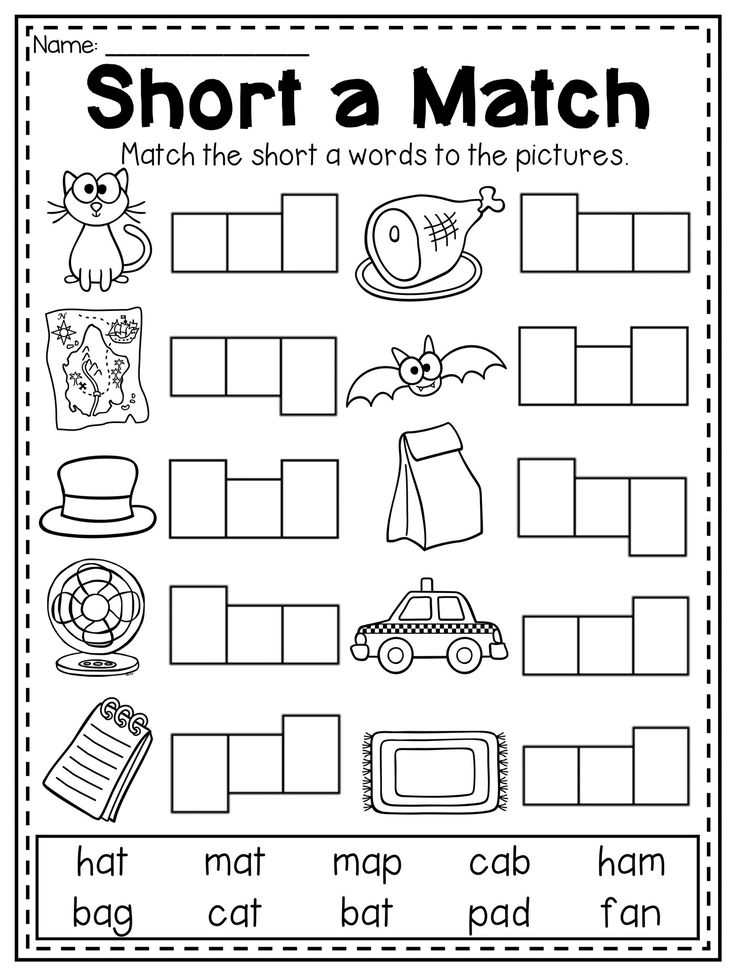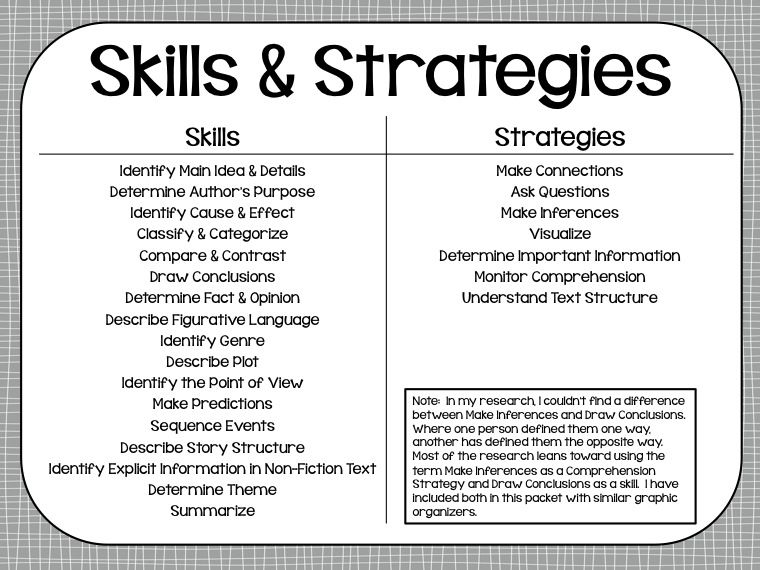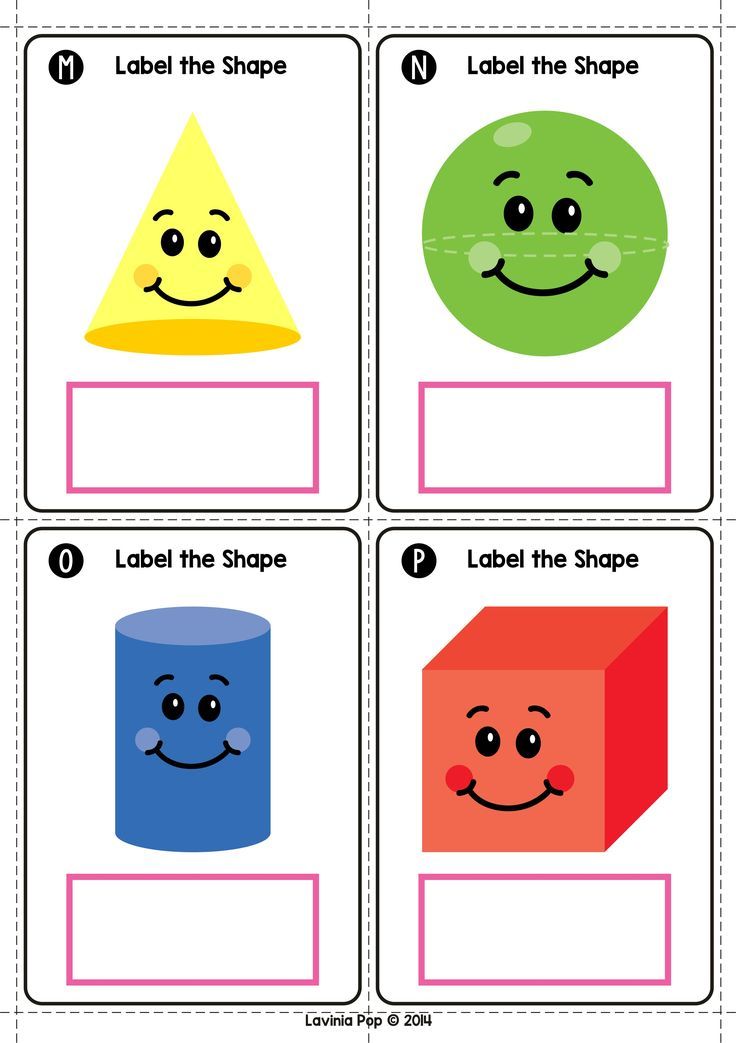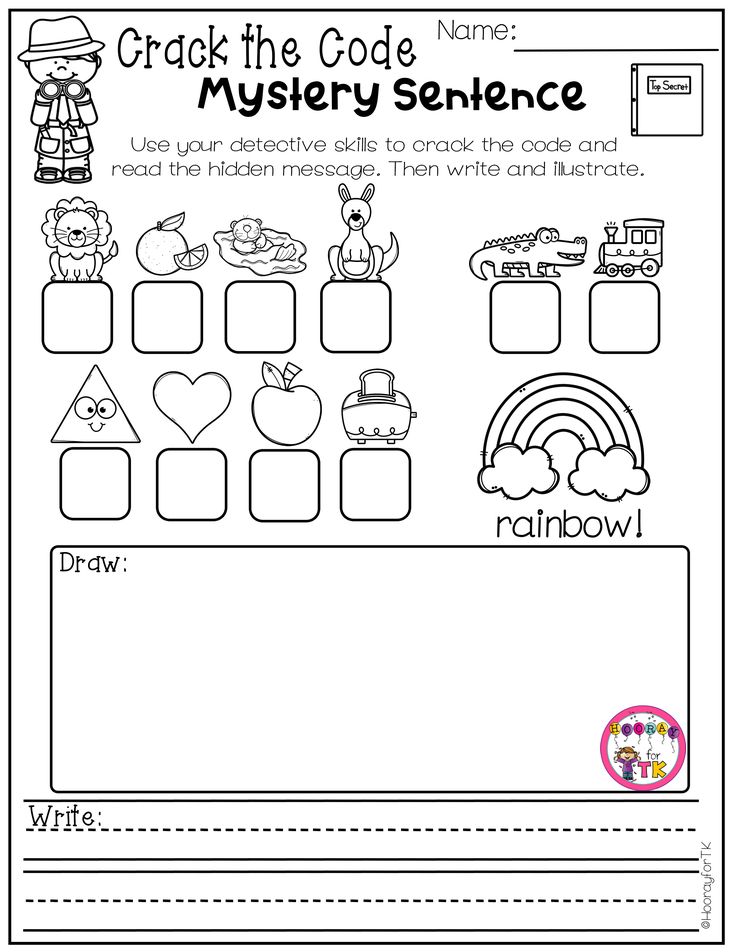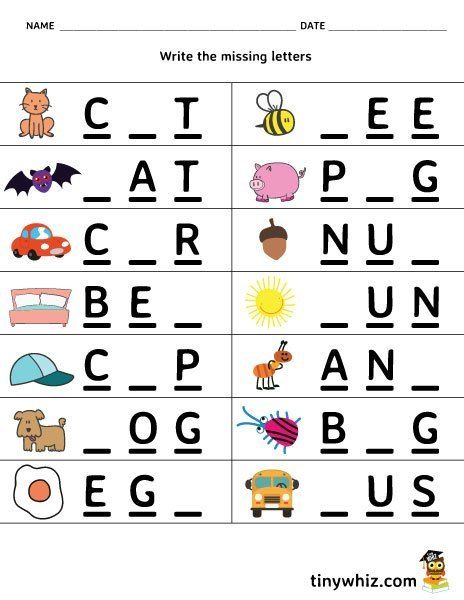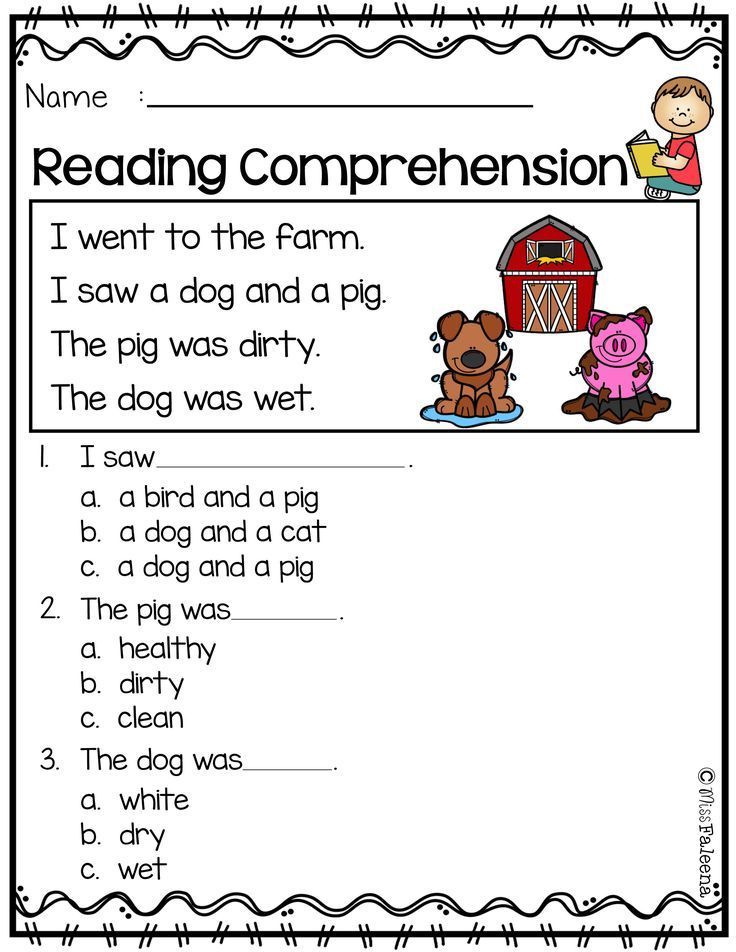Fluency tips for parents
Suggestions for Parents | Stuttering Foundation: A Nonprofit Organization Helping Those Who Stutter
1. Speak with your child in an unhurried way, pausing frequently. Wait a few seconds after your child finishes speaking before you begin to speak. Your own slow, relaxed speech will be far more effective than any criticism or advice such as "slow down " or "try it again slowly. "
2. Reduce the number of questions you ask your child. Children speak more freely if they are expressing their own ideas rather than answering an adult"s questions. Instead of asking questions, simply comment on what your child has said, thereby letting him know you heard him.
3. Use your facial expressions and other body language to convey to your child, when she stutters, that you are listening to the content of her message and not to how she"s talking.
4. Set aside a few minutes at a regular time each day when you can give your undivided attention to your child. During this time, let the child choose what he would like to do. Let him direct you in activities and decide himself whether to talk or not. When you talk during this special time, use slow, calm, and relaxed speech, with plenty of pauses. This quiet, calm time can be a confidence-builder for younger children, serving to let them know that a parent enjoys their company. As the child gets older, it can serve as a time when the child feels comfortable talking about his feelings and experiences with a parent.
5. Help all members of the family learn to take turns talking and listening.
Children, especially those who stutter, find it much easier to talk when there are few interruptions and they have the listeners" attention.
6. Observe the way you interact with your child. Try to increase those times that give your child the message that you are listening to her and she has plenty of time to talk. Try to decrease criticisms, rapid speech patterns, interruptions, and questions.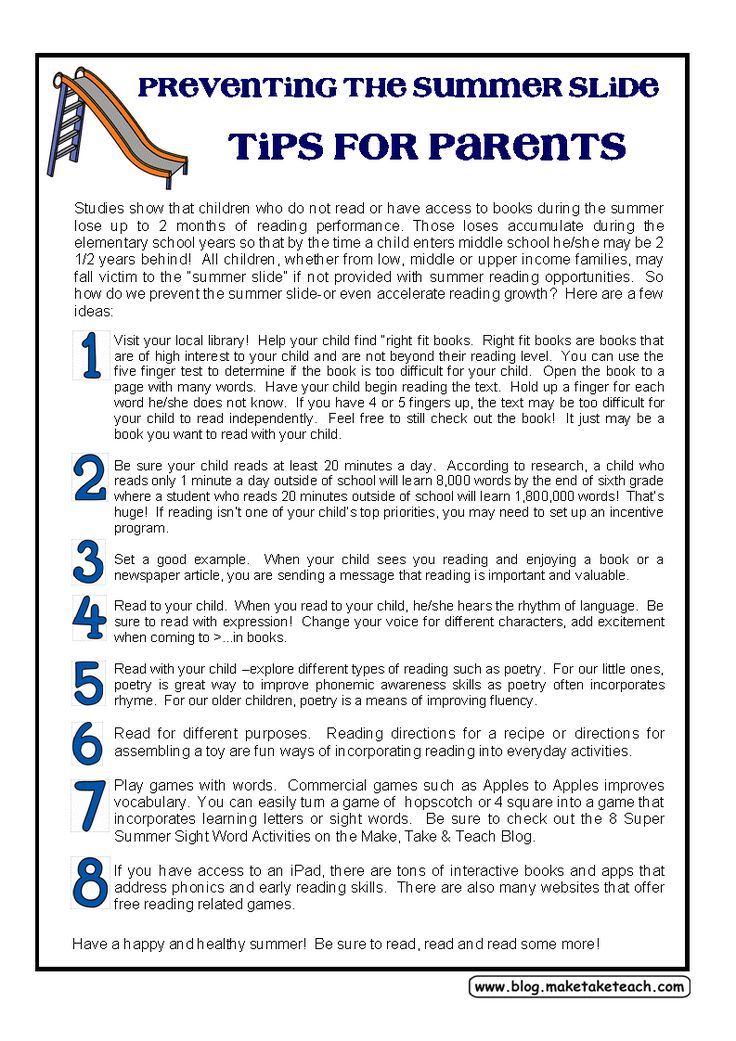 .
.
7. Above all, convey that you accept your child as he is. Your own slower, more relaxed speech and the things you do to help build his confidence as a speaker are likely to increase his fluency and diminish his stuttering. The most powerful force, however, will be your support of him whether he stutters or not.
The following books are available for a nominal cost:
If Your Child Stutters: A Guide for Parents, 7th edition, Publication No. 0011, 64 pages
Stuttering and Your Child: Questions and Answers, 3rd edition, Publication No. 0022, 64 pages
Do You Stutter: A Guide for Teens, 4th edition, Publication No. 0021, 72 pages.
The following DVDs are available:
Stuttering and Your Child: Help for Parents, DVD 0073, 30 minutes
Stuttering: For Kids, By Kids, DVD 0172, 12 minutes
Stuttering: Straight Talk for Teens, DVD 1076, 30 minutes
Summer Reading and Fluency: Tips for Parents from Reading Rockets
By: Joanne Meier
You've got the reading lists. You've got the books. But what else can you do to make your children better readers this summer?
You've got the books. But what else can you do to make your children better readers this summer?
You can help them read more quickly and accurately. Schools call this reading fluency. Your kids will call it fun!
When kids can read fluently, it's easier for them to understand what they're reading. And they read aloud easily and with expression. Needless to say, this makes reading a lot more enjoyable.
Less fluent readers read more slowly and word by word. Their attention is focused on sounding out each word; so, they pay less attention to understanding what they've read. Their comprehension and their motivation can suffer. Of course, beginning readers aren't fluent yet, but by the end of first grade, kids should be reading books at their grade level with ease and expression.
The summer months provide a great opportunity for you to help your child continue to develop reading fluency. Here are four things parents and caregivers can do to help:
Choose the right books
Help your child choose books that he can comfortably read.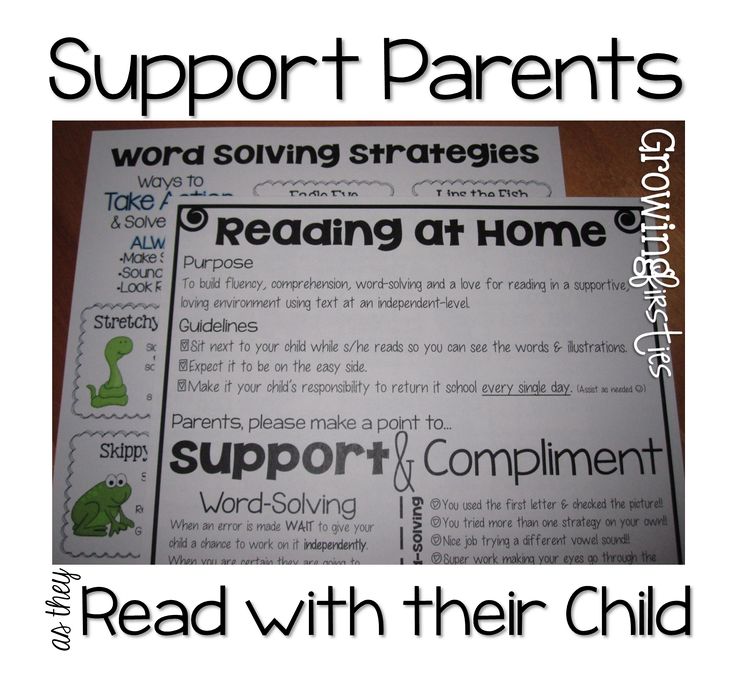 The "five-finger test" is a useful guideline for beginning readers. As your child reads, count the number of words he cannot read per page. In general, there should be five words or fewer that give him trouble on each page. If a book contains several pages on which you count more than five words that he can't read, consider reading that book to your child until he develops more reading skill.
The "five-finger test" is a useful guideline for beginning readers. As your child reads, count the number of words he cannot read per page. In general, there should be five words or fewer that give him trouble on each page. If a book contains several pages on which you count more than five words that he can't read, consider reading that book to your child until he develops more reading skill.
Listen every day
Once you've found a collection of books that your child can read, listen to your child read every day. Be patient — new readers often read slowly! Offer help when your child gets stuck, and always give lots of praise and encouragement.
Read it again, Sam
Encourage your child to reread favorite books, and make it fun! Repeated readings improve children's fluency and comprehension. They also provide opportunities to practice reading with expression. Children will enjoy giving the wolf a scary growl or using a squeaky little voice for a mouse.
Read to your kids every day
Model your own fluent reading as you read and reread books with your child.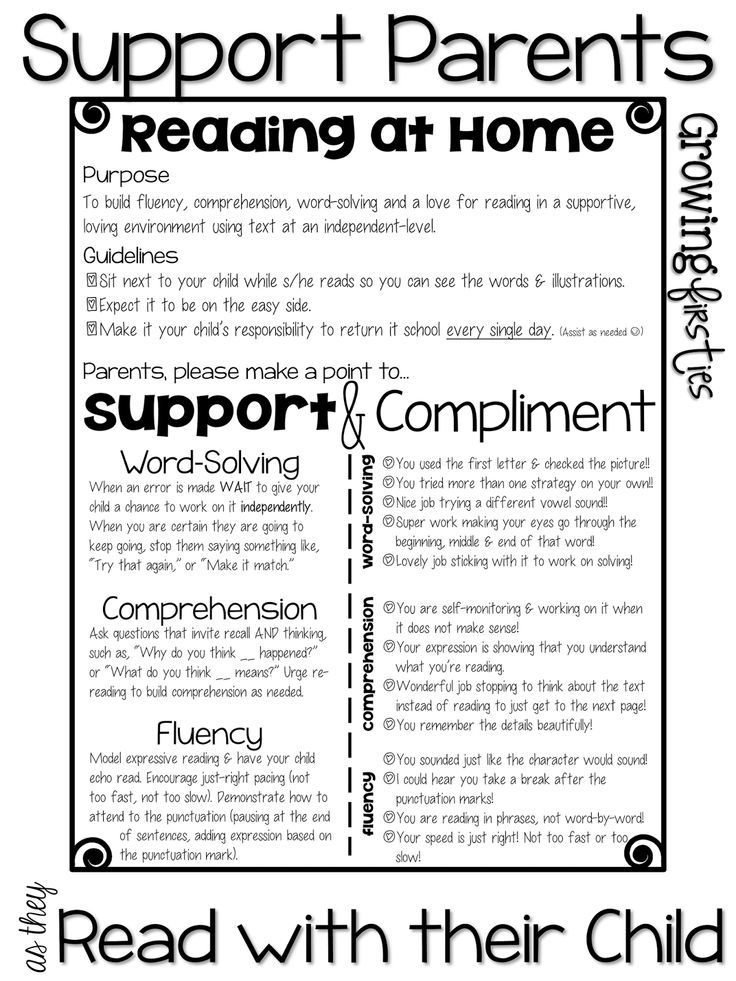 Even though your child may be able to read on her own, continue to find time each day to read books to her that are just beyond her reading level. She will enjoy listening to more advanced stories, and she will hear a great example of fluent reading.
Even though your child may be able to read on her own, continue to find time each day to read books to her that are just beyond her reading level. She will enjoy listening to more advanced stories, and she will hear a great example of fluent reading.
To find out more about helping your child become a more fluent reader, please visit Reading Rockets on the Web at www.readingrockets.org. For Spanish-speaking children, please visit the Colorín Colorado at www.colorincolorado.org.
Cool summer reading is the perfect antidote for those hot summer days! Enjoy.
Joanne Meier, Ph.D., is a research consultant for Reading Rockets.
Reprints
You are welcome to print copies or republish materials for non-commercial use as long as credit is given to Reading Rockets and the author(s). For commercial use, please contact [email protected]
Related Topics
Fluency
Parent Engagement
Summer reading
New and Popular
Print-to-Speech and Speech-to-Print: Mapping Early Literacy
100 Children’s Authors and Illustrators Everyone Should Know
A New Model for Teaching High-Frequency Words
7 Great Ways to Encourage Your Child's Writing
Screening, Diagnosing, and Progress Monitoring for Fluency: The Details
Phonemic Activities for the Preschool or Elementary Classroom
Our Literacy Blogs
Is Emily Hanford Right?
Kids and educational media
Meet Ali Kamanda and Jorge Redmond, authors of Black Boy, Black Boy: Celebrating the Power of You
Get Widget |
Subscribe
Tips for Developing Reading Fluency in a Child - Child Development
Every parent of a beginner reader knows that learning letters and words is only the beginning. As your child stumbles through every sentence, works on vocabulary, and his confidence alternates with frustration, you may be wondering, “When will my child finally be able to read well?”
As your child stumbles through every sentence, works on vocabulary, and his confidence alternates with frustration, you may be wondering, “When will my child finally be able to read well?”
Learning to read fluency will take longer than just reading sentences sequentially, as it involves reading at high speed, with conscious reading comprehension, and with confidence. To make a child a good reader, the ability to decipher written words alone is not enough. Even more important for successful reading is the ability to recognize and read words easily (without any effort) and with feeling. Research has shown that reading fluency is a predictor of overall academic excellence, and that a lack of verbal fluency often results in comprehension problems along the way. nine0003
Here are five expert tips to help you develop your child's reading fluency.
Read aloud with expression. Jesse Wise from the USA, as a "model parent educator" and homeschooling consultant, emphasizes that the process of modeling reading fluency is the most useful thing that adults can do for their children to help achieve good reading speed.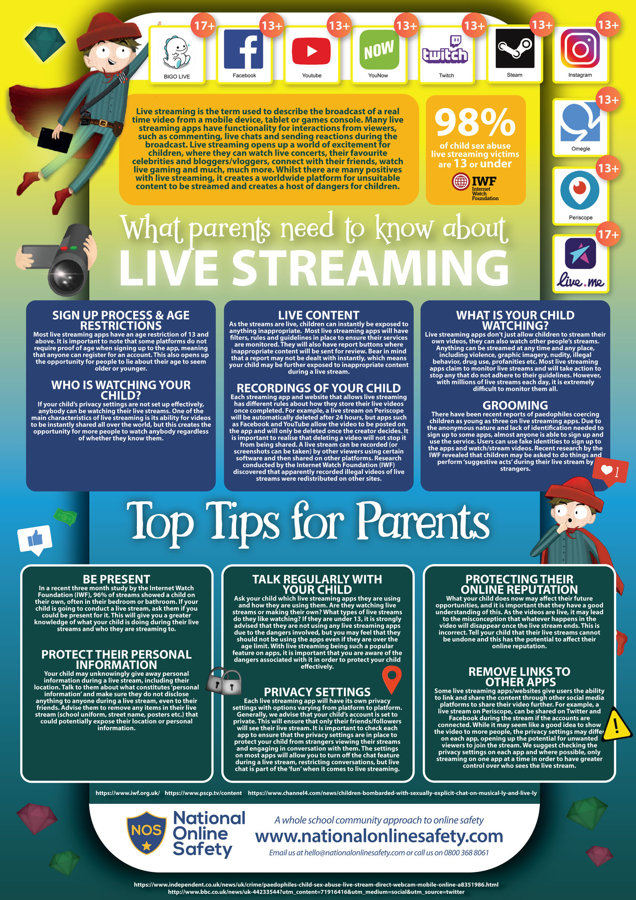 Children need to hear texts read smoothly and easily. It is also very important for them to hear examples of reading with expression. When you read aloud, don't be afraid to emphasize emotions that reflect the tone of the text, such as excitement or sadness, joy or surprise. Show your child that a correctly read word helps to reveal its meaning. nine0003
Children need to hear texts read smoothly and easily. It is also very important for them to hear examples of reading with expression. When you read aloud, don't be afraid to emphasize emotions that reflect the tone of the text, such as excitement or sadness, joy or surprise. Show your child that a correctly read word helps to reveal its meaning. nine0003
Practice and more practice. Reading, like any other skill, requires repeated, consistent practice to become perfect. The goal of reading fluency is to read so smoothly and easily that it happens automatically and effortlessly. The only thing it takes is time and effort.
Wise says: “Athletes and musicians practice a lot to achieve mastery. I think the same strategy works for reading as well. Fluency is best developed by repeatedly reading the same passage aloud until fluency is achieved. To do this, simulate reading aloud using a specific piece of text. Choose a small paragraph of about a hundred words. Have your child read it several times - up to four times in one go. nine0003
nine0003
Pinpoint problems. There are three main elements of reading fluency: speed, accuracy, and prosody (how well the reader uses changes in tone of voice, intonation, accents, stresses, pauses, etc. to convey meaning and emotion). When you listen to your child read aloud, pay attention to all three components and try to understand which of them is having difficulty.
Wise says that fluency problems can manifest themselves in a variety of ways. “Does the child guess about an unfamiliar word from the context or from the phonetic sound? Is it hard for him?” Weisz asks. One way to find out if his current reading comfort level is exceeded is to count the number of words he or she stumbles over. According to Weiss, “If a child misreads more than one out of every 20 words, he will focus on word recognition rather than fluency”—and therefore have difficulty. nine0003
Make reading fun. While practice is important, don't make reading a chore that your child will simply fear. Instead of turning this process into a fixed-schedule routine, try turning reading aloud into a series of fun activities with your child.
Instead of turning this process into a fixed-schedule routine, try turning reading aloud into a series of fun activities with your child.
If your child is a young, up-and-coming actor, create a theatrical performance from a favorite story. You don't need props, costumes, or even a stage! Illustrated books with two or more characters are great for this, but remember, if the story isn't funny and fun, the performance won't work. Creating your own news release is another activity that will help you practice your fluency. You can write short stories with your child, or you can use simplified versions of newspaper stories. And then recite them like a television announcer. nine0003
Use audio books. Audiobooks are a huge resource, as they are usually read by professional actors who aim to create a whole performance, using all the possibilities of their voices - exactly the kind of expressive modeling that children need. In addition, audiobooks can be especially useful as an independent learning tool for older children who are still struggling with reading but don't want to sit and study with their parents.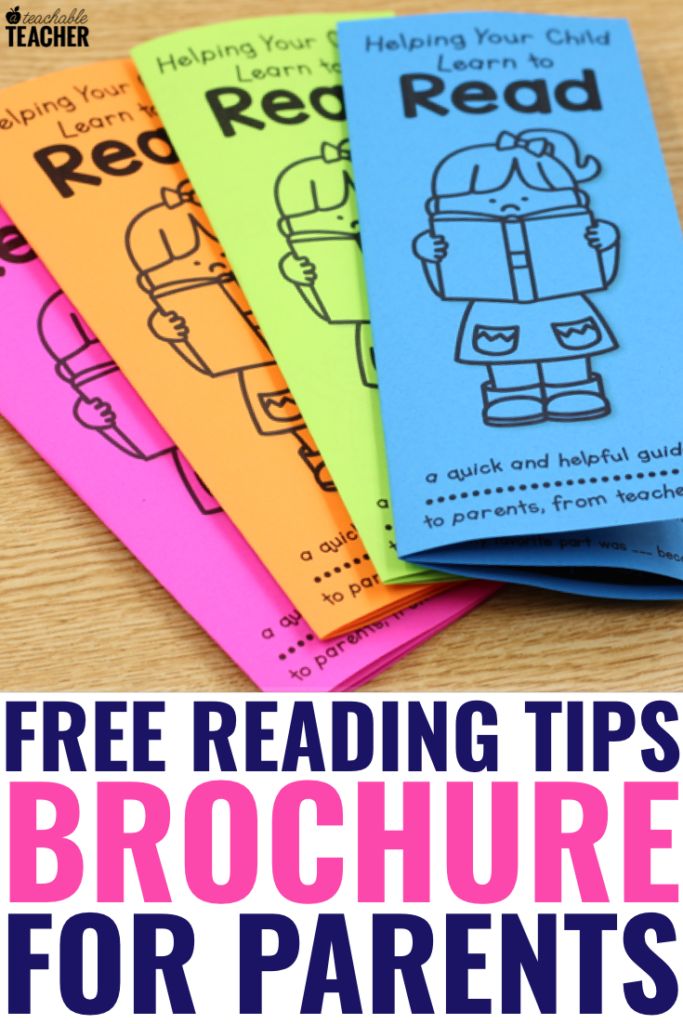
Wise suggests the following steps: “Select the part of the audiobook (or the part of the book you are reading aloud). Make sure your child listens carefully. Then have him try to read aloud with you or the recording. Then let him try to read this passage aloud on his own, and you listen to how he will do it.
Audiobooks can be purchased (or downloaded) from a bookstore, library or online store.
7 Ways to Improve Your Child's Reading Fluency
Read on to learn how to improve your child's reading fluency.
Reading fluency is the ability to read aloud clearly. Although children begin to read fluently when they go to school, this does not mean that you cannot help your child learn to read at home. Reading is one of the most important skills a child learns at an early age. As they get older, it will help them in their studies and make them understand things better. nine0003
Parents have a huge influence on how quickly their child learns to do something new.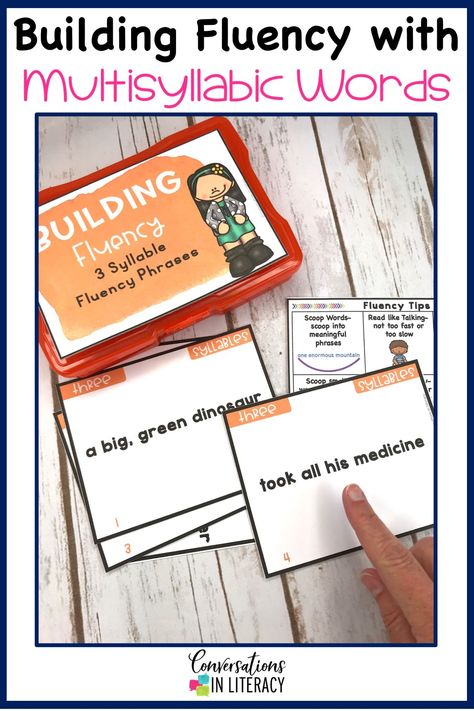 The environment you create at home greatly affects your child and their personality, especially how you interact with them. As the child grows, everything you teach your child can prepare him or her for adulthood. Therefore, parents are the best teachers. They will not be able to learn or speak without the care of their parents.
The environment you create at home greatly affects your child and their personality, especially how you interact with them. As the child grows, everything you teach your child can prepare him or her for adulthood. Therefore, parents are the best teachers. They will not be able to learn or speak without the care of their parents.
Read aloud to your child
In order for your child to read fluently, they must hear and understand words clearly. If your child hears you say the words fluently, he may try to repeat the same and apply the same fluency in his own reading.
Teach them to track words
Learning something new takes time, especially if it's a language. It may be difficult for your little student to decipher different words. So run your fingers over the words as you read them. This way, she will be able to keep track of the words you say. nine0003
Repeat readings
Choose a small book to start with.